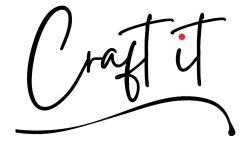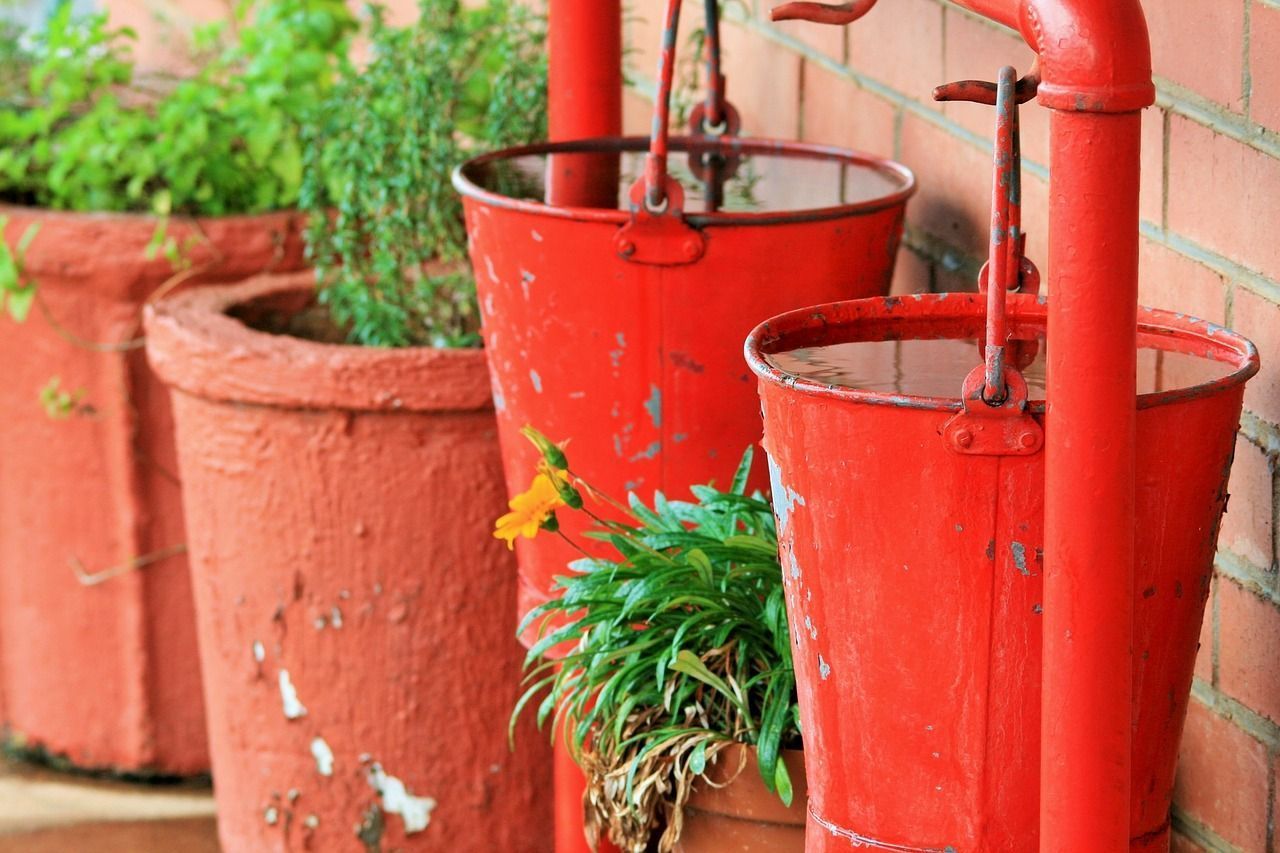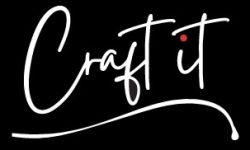BY MIKE MUTHAKA
“The machines are always out and about. If the team is nearby sometimes I’ll go and surprise them. I’ll buy them some nyama just to motivate them kidogo. But if they’re in desolate locations it doesn’t make sense, because I’ll have other things to do.”
He always has things to do. He has deals to close and numbers to look at. He prospects for business and he takes risks. He’s the entrepreneur. He sits through numerous meetings and he breaks bread with big business boys.
Thrice a week he’s in Machakos. Two days a week he’s in Nairobi. Busy is the steady soundtrack of his life.
“Being an entrepreneur is never going to be easy, it’s never going to be, ‘Oh, money is coming here ABCD’. No. There’ll be very tough times. Times when you have to get out there. But are you enjoying yourself while you’re doing it?”
Anthony Makau is the director of Almak Aqua Drillers. They dig boreholes. They have state-of-the-art drilling rigs that can dig up to 500 meters below, and their services have supplied clean water to thousands of homes.
He came aboard in 2013. His was to iron out operations and take care of sales, a bright-eyed entrepreneur in search of greener grass.
Almak also has a sister company – The Gelean Hotel, in Machakos – where Anthony oversees everything, from the rooms to the laundry to the basement.
Before all that he worked in a bank. But he felt unfulfilled, he says. A computer could do his job.
“When I was working in banking it just got very monotonous. And yes, it’s very safe. You’re earning a salary. It’s consistent. You have loans at very low interest rates. Pressure is there. But then again why not do something that’s giving you a bit of money?”
At first he thought of moving to another bank. He wanted to keep climbing the corporate ladder. But then he’d look at his boss, and it would unnerve him that it took her 15 years to make director.
“I’m looking all around me and I’m seeing guys with 10 years experience, all eyeing her position. So, for me as a young man it meant there’s clearly no hope here. That means it’s going to take me 30 years to get to that position. And even then, I will have slaved away. And the one thing you can’t take back is time.”
He was 25 years old when he finally quit. He says, “To be honest it’s one of the most frightening things somebody can ever do, but it’s also very liberating.”
I never imagined why anyone would want to leave a steady job and go into entrepreneurship. It’s a freaking gamble. You stand to lose everything. If it doesn’t work out you get shrouded in a cloud of bitterness and failure. People would laugh at you. You plant all your energy into something and the rewards are nothing but air and a ‘thanks for playing, please try again later.’
It’s much like writing, really. Sometimes you produce stories that stink to high heaven, and the editor doesn’t even blink. Your copy goes straight to the bin.
It’s ten past 11 on a Tuesday. We’re in his third floor office in Westlands, Kaka House. Anthony is dressed in jeans and a checked blazer, with his back facing the windows.
Chinks of sky fall on his mahogany desk. The green-carpeted floor drinks up my shoes, and the distant cityscape drifts into the room. He has honest round eyes. His hair is cut close to the scalp. And when he gets thoughtful he looks away, a kind of freeze settles over his reassuring features, his ear trapping some of the morning light.
He tells me he has to dash to another meeting. In fact he had another meeting earlier this morning. “It’s one of those days,” he says.
He’s on the edge of his chair, looks as though he might bolt any second. Both elbows on the table, hands crossed. Business mode.
On a normal day it takes him 30 minutes to get to the office.
His desk is almost bare, save for a bunch of lonely files on one end, and a small printer on the other.
He says ‘to be honest’ a lot. Like when I asked him if he considers Almak’s work to be humanitarian, he said, “To be honest it’s pure business. There are things that we’ve done that are humanitarian. CSRs and things. We’ve also worked with people to try and subsidize the cost of drilling. But it’s purely business.”
Or when I asked him where he got the money to start Almak: “To be honest it had already been established. I just came on to help it further itself. Almak had already started with a rig kitambo, around 2009, and then when I joined is when we started acquiring the other rigs. Mine was just to enhance what was already there.”
And when I asked if he knows Almak’s mission and vision off-head, he said, “To be honest I know the mission and vision. The core values I don’t. I need to refresh. And I’ll be honest with you. I know the ones for the sister companies but I don’t know the one for Almak. It has been a while since I looked at them. But it’s something I need to do. Hapo umenipata kabisa.” He cackled.
Anthony speaks in self-assured undertones. He has a careful charm, and I get the feeling it’s his Pied Piper gift –the power of quiet leadership, the restrained good looks, the beckoning smile and the readiness to listen.
“When I was 20 years old I was very hungry,” he says, “I took up a lot of roles and responsibilities in Uni. I was doing things, just trying to get the best experience out of university. I had a job as a door-to-door salesman. Each day I’d get a route map, and if I got a customer I’d get a 25 pound commission. If not I’d have wasted the entire day. But the main thing is you just don’t give up. You just keep going. Things may not work out how you want them to be, but the minute you start going you’ve won a battle already.
“I don’t think it’s naivety, but back then, in Uni, it was easy to believe the world is your oyster. You can actually make it to be what you want it to be. You can achieve a lot more, because you’re not confined.
“But the minute you hit the real world there’s a bit of a ka-reality check that it’s not going to be as easy as we thought. I thought for instance that being in the corporate world is going to be easy to ascend.”
He moved out of his folks’ digs when he was 23. They were living in TZ back then, where he worked at Citi Bank for a short stint before moving on to Tanzanian Distilleries (TDL), who are the makers of Konyagi. Then he moved back to Kenya, to work for KCB.
“Do you still drink Konyagi?” I ask.
He smiles. “It’s not a bad gin by the way. It’s a very good gin. But now I think the tastes have moved. Now I do whiskeys. Beers I take either White Cap or Heineken.”
Perhaps the best bit about his youth has to be when he did an exchange semester in Copenhagen, Denmark.
“For me it was very freeing, in the sense that I got to do everything that I wanted to do. No repercussions. Touring the city, touring the town, and all I had to do was, literally, just study. And just have fun. Life was not that expensive back then. I had a lot of friends from different parts of the world. And for me it was just exciting, experiencing new things.
“I went to an ice bar. I travelled around Europe. I did a lot of things I’ve never done for the first time. And I think that’s where excitement comes in. When you see the joy of a kid walking, it’s because they’re very free, they’re doing something for the very first time.”
Now, in his 30s, Anthony says this is just the beginning.
“This is not the end. There’s a lot that I still do out there that doesn’t depend on my 9-5. There are other businesses I’ve started pole pole with friends, and I’m seeing a lot of growth happening within at least the next five years. So it’s a matter of seeing what I can do, and now’s the time to do it, to be honest.”
“Wife? Kids?” I ask.
“Not yet,” he says, tossing out the words like old clothes from a box. “Hopefully. From your mouth to God’s lips.” He chuckles.
And is there ego in the room, when he sits with fellow business boys?
“There’ll be ego, people trying to play the big boy card.”
Silence.
“If I can afford sijui George whiskey, I will not buy it. Why? Because I have something better to do with my money. I would rather save it. If it’s a nice suit I’ll buy it. If perhaps it’s a car and I feel I need it I’ll buy it. But I don’t necessarily have that peer pressure.
“One thing I saw in Europeans which I envy – I’ve seen CEOs driving scooters, driving very small cars. Another ka-Italian guy. And that pressure never gets to him. Ati lazima apelike sijui Lamborghini. But here in Kenya it’s the opposite. I see a lot of people with pressure. That home in Karen? I need it. It’s going to cost 88 million? Sawa. Mtu anaweka. But do you really need it? When does that search ever end? Where you feel like you have to one up?”
Anthony’s biggest struggle at this point, he says, is handling customer relations.
“It’s something I’m becoming better at, but it requires a lot of patience. Whenever there’s an issue a client will call and blast you first, before even understanding what the issue is. What I’ve learned is not to internalize it so much because it can get you very down.
“Kenyans are very direct and very aggressive. Some will call you, insult you, vibaya sana, to the very core, and you still have to be polite with this person. It’s very easy to just hang up the phone, or basically swear back at the person, but you can’t. Your reputation depends on it. But the minute you’re able to empathize with somebody, understand where they’re coming from, understand that people are different; it gives you ways of dealing and handling that situation.
“I’ve seen people going from extremely angry to thanking me, as if we’re best buddies or something. And this is the same person who was insulting me vibaya. So it’s one of those.”
Forty minutes have elapsed now. Anthony has to hit the road. I ask him if he can take me with him, I’m really curious to see the rigs. But he says he can’t. “Sadly it’s one of those. But you’re welcome to some tea.”
We laugh.
I ask for a parting shot. He says, “There’s never little money. There’s never too much money. It’s about how you use that money. So whatever money you have, hustle with it. If multiplying money is your aim or your goal, multiply that money. Look for ways outside what you’re doing to try and make that money.
“Basically you respect money and money respects you.”
—-
Mike blogs at www.mikemuthaka.com



